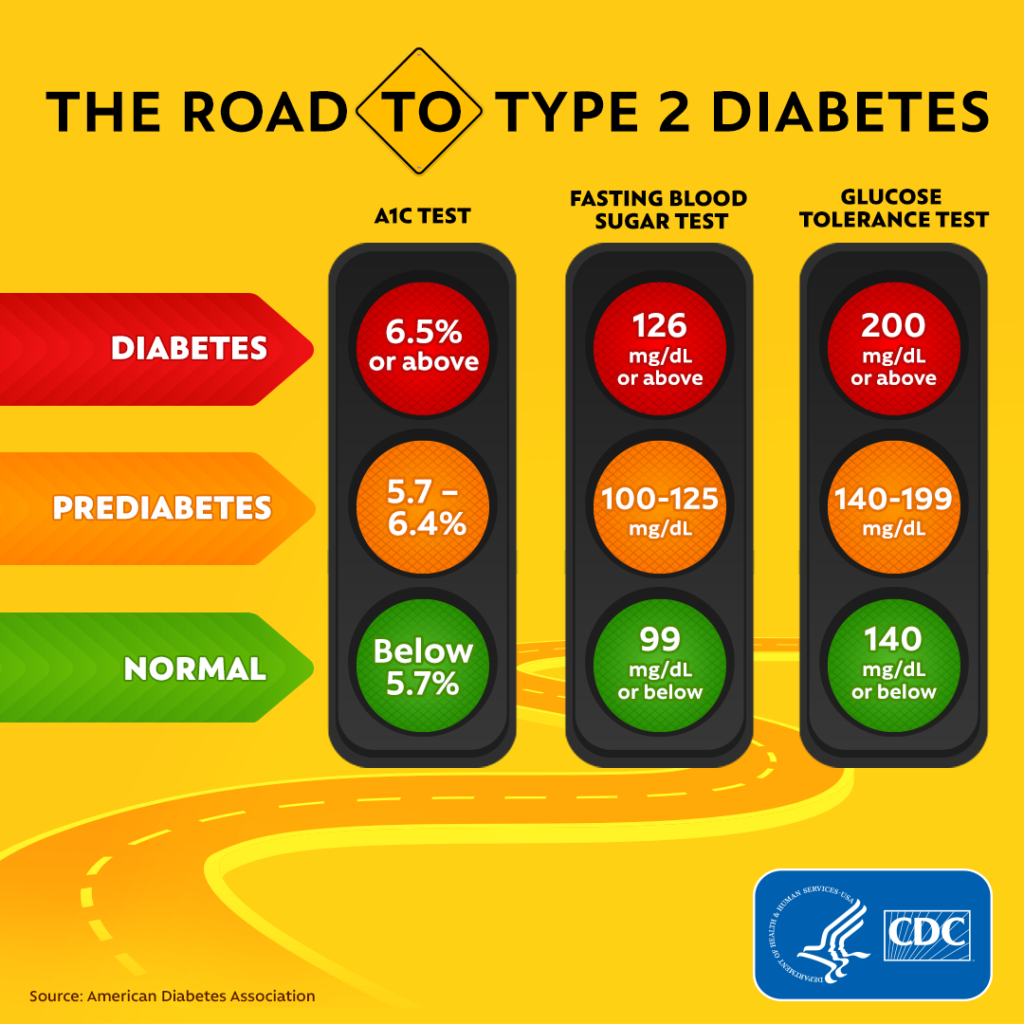

In India, a common belief prevails that our predominantly vegetarian diets are inherently deficient in protein. This notion has led to the proliferation of whey protein supplements in the market, but according to renowned nutritionist Dr Manjari Chandra, this trend might be misleading and potentially harmful.
“People have been led to believe that they need to supplement their diet with whey protein to be healthy, muscular, and energetic. However, this is a fabricated truth,” Dr. Chandra states. She emphasizes that the glorification of protein, especially in the form of whey supplements, is more a marketing strategy than a health necessity.
Dr. Chandra points to research and clinical trials conducted at leading Indian institutes that raise concerns about the safety of these protein powders. “Many of these powders contain pre-steroids, pre-hormones, and even toxic metals, which pose a significant health risk,” she warns.
While acknowledging that the Indian diet, heavy in wheat, rice, and flour, might not provide adequate protein, Dr. Chandra advises against turning to whey protein as a solution. “Our ancestors had a diet rich in nuts, seeds, diverse vegetables, lentils, beans, and millets, which provided a balanced protein intake. We need to revisit our traditional dietary practices rather than relying on supplements,” she suggests.
The consumption of large amounts of whey protein can have adverse effects on vital organs. “The liver and kidneys are put under immense stress. The liver breaks down the protein into amino acids, leading to an excess production of ammonia. The kidneys then have to work overtime to eliminate this, which can lead to inflammation and other health issues,” explains Dr. Chandra. She contrasts this with natural healing foods like black pepper, turmeric, pudina, lemon, or aamla, which are anti-inflammatory and beneficial to our health.
The nutritionist criticizes the role of social media in perpetuating the whey protein myth. “Social media often blurs the line between factual information and marketing, making it difficult for people to understand the real picture. Many feel they are missing out on something beneficial by not consuming whey protein, which is far from the truth,” she asserts.
Finally, Dr. Manjari Chandra advocates for a return to traditional, balanced diets as the solution to protein deficiency, rather than reliance on potentially harmful supplements. “The key to good health lies in natural, wholesome foods that our bodies are designed to process, not in artificially manufactured supplements,” she concludes.
Her insights serve as a reminder to reevaluate our dietary choices and resist the allure of quick fixes promised by the supplement industry. She also highlights the impact of whey protein on younger individuals, “The body of a young person is especially susceptible to the harmful effects of these unregulated supplements.”
About Dr. Manjari Chandra
Dr. Manjari Chandra is a renowned Functional Nutritionist specializing in Nutritional Medicine. She has contributed to several leading hospitals including Max Healthcare, Manipal Hospitals, and Columbia Asia. As a respected figure in public health, Dr. Chandra has been a keynote speaker at various conferences and symposiums organized by prestigious entities like ASSOCHAM, FICCI, HEAL, FSSAI, TAAI, and ISMA. Her professional scope extends beyond clinical coaching, encompassing roles as a speaker, media personality, and published author.
#FunctionalMedicine #HolisticHealth #IntegrativeHealthcare #AncientWisdomModernScience #MindBodySpirit #PatientCenteredCare #HealthcareEvolution #WellnessJourney #PreventiveMedicine #AyurvedaMeetsScience #TotalHealth #HealingHarmony #ModernAndTraditional #PersonalizedHealthcare #HealthcareInnovation
Share this article
Do you have a question for? Write to us at contact.dwindia@gmail.com
23rd January 2024
Share this article
Health & Wellness
india-is-becoming-the-diabetes-capital-of-the-world




